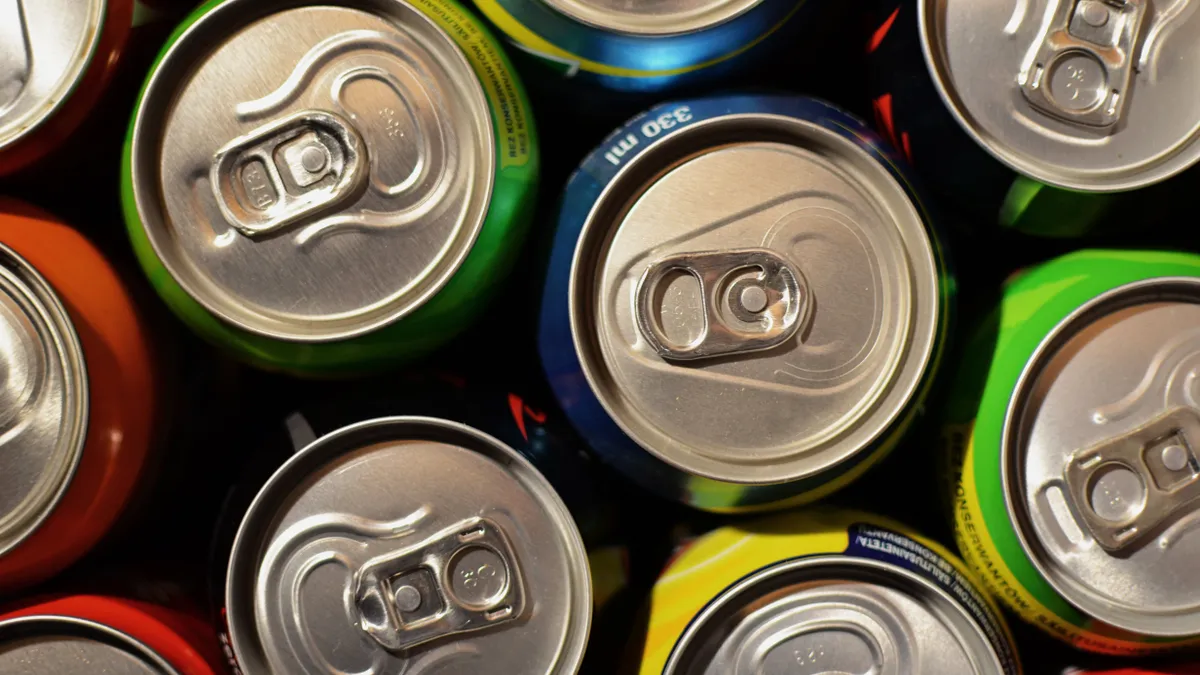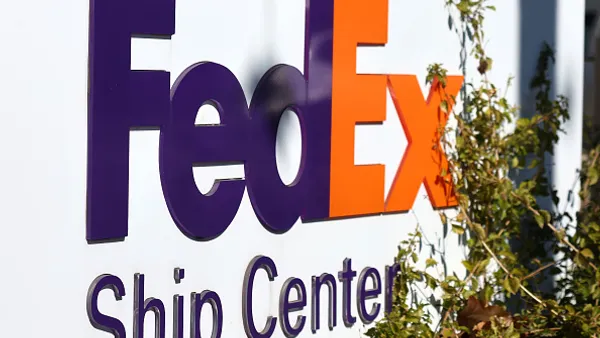Dive Brief:
- Ball Corporation plans to build an aluminum beverage packaging plant in Pennsylvania and begin operations in 2021, the company announced Wednesday.
- "Our new Pittston plant is Ball's latest investment to serve accelerating demand for our portfolio of infinitely recyclable aluminum containers used in the sparkling water, spiked seltzer, beer and carbonated beverage categories," Daniel W. Fisher, Ball's COO of global beverage packaging, said in a statement.
- The location for the multi-line plant was chosen partially due to its accessibility from the company's main distribution routes and regional labor base, Ball said.
Dive Insight:
Ball is upping its production capacity of aluminum cans at a time when changing demand patterns are making the ubiquitous packaging increasingly hard to come by for the beverage companies that rely on it.
"Consumer demand has shifted in ways no one could have foreseen six months ago. When bars and restaurants were shuttered in the early parts of Q2, demand for kegs in the U.S. went to zero and, conversely, demand for cans went through the roof," Molson Coors CEO Gavin Hattersley said on an earnings call at the end of July.
Molson Coors has exceeded the daily amount of product shipped during the week of Fourth of July four times this year, according to Hattersley.
"That's unheard of," he said.
Ball has already added production capacity with two new lines in Texas and Georgia to meet the "crazy" demand, the company told The Wall Street Journal last month.
Ball is not the only company adding production capacity for aluminum can manufacturing. Crown Holdings began production on two new beverage can lines in Toronto and Nichols, New York earlier this year with plans to open another facility in Kentucky by 2021, it announced in Q2 its earnings release.
"The challenge now is meeting the outside requirements of our customers as they look to rebuild their supply chains after several weeks of mandated shutdowns," Crown CEO Timothy Donahue told analysts in July. ;"From now until the end of the year ... almost every market where we produce cans will be in short supply."
Part of the shortage stems from the lean supply chain the can industry relies on, Donahue said.
"The supply chain and the can industry, like many other industries, is extremely efficient," he said. "Because of this, we do not have the ability to make up months of demand in a shorter time period — frustrating for Crown and many of our customers."
When Crown turned off production due to the pandemic it was met with a backlog of demand. Getting over this hump quickly is hard with a lean supply chain. But Crown did work to add capacity to its network to keep up, he said.
Demand for aluminum has been strong from the soft drink and beer sector, Ball CEO John Hayes said last month.
"We obviously are not able to keep up with that because we had not anticipated that," Hayes said, adding that the company's "inventories are at all-time lows. We've been importing as many cans as possible."
The increased demand for aluminum cans is also partially the result of increased focus on sustainability and brands trying to move away from plastic, Ball said.














